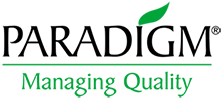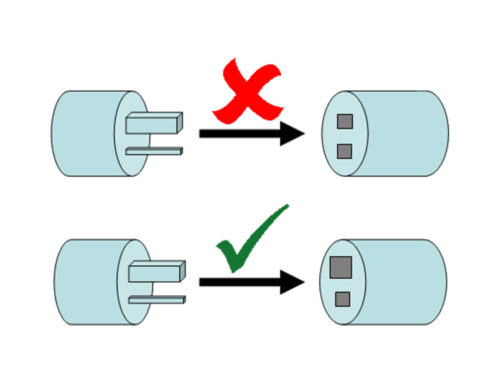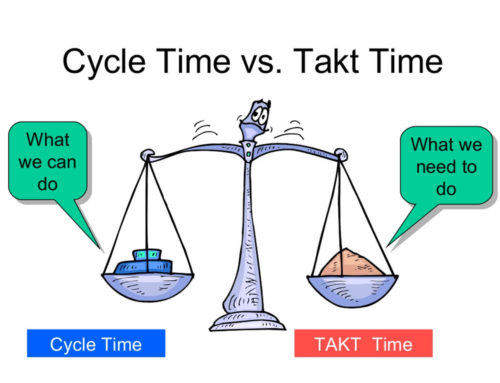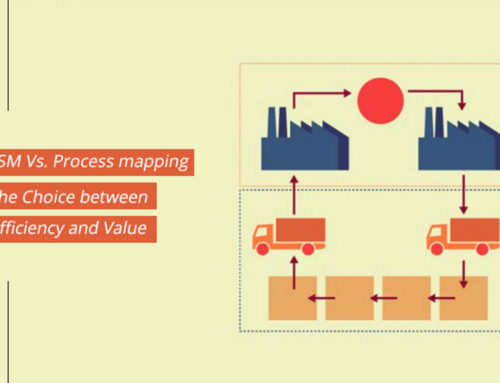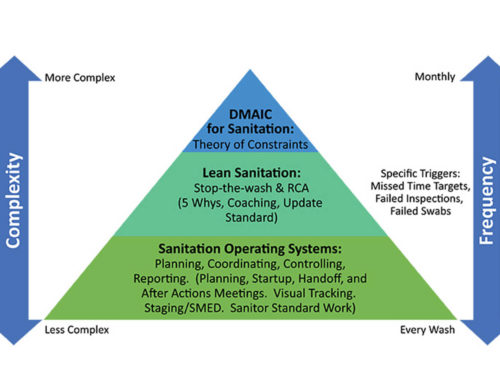Introduction:
Total productive maintenance is an integrated approach to ensure quality while manufacturing products in a food factory. The product quality is directly associated with the efficient and effective working of the equipment and the workforce employed. Also, safe and healthy work environment during the manufacturing process.
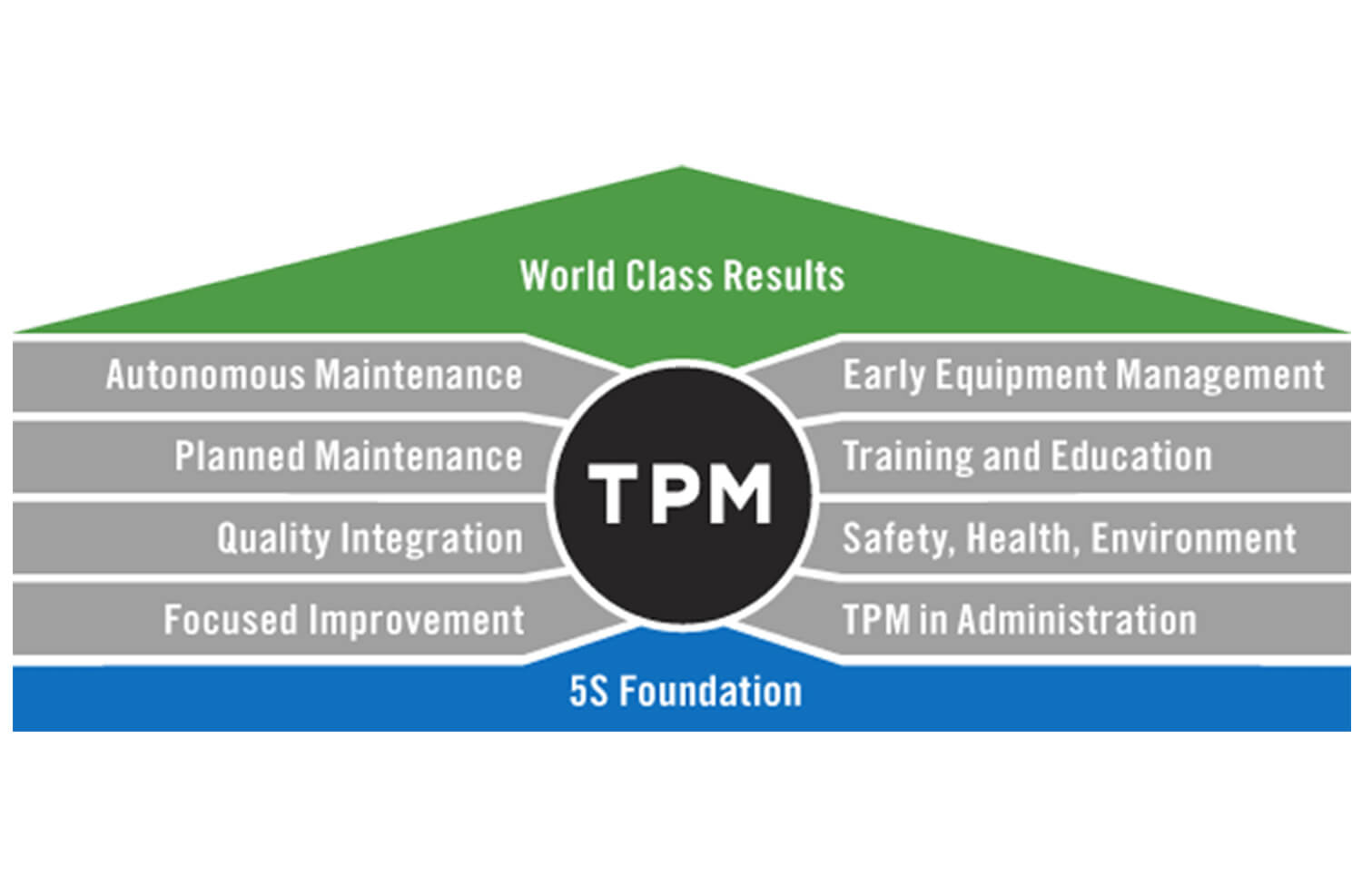 Why Total productive maintenance?
Why Total productive maintenance?
Total productive maintenance is significant because the products that are being produced must bear high levels of quality as they are sent to consumers for consumption. To ensure effective and efficient production standards, food factories must enrich the machine operators with training and development to provide no breakdown, defect, delay, or abnormality in production.
The 5s Foundation of TPM:
The main aim of the 5s foundation is to ensure a healthy and safe work environment. The factory production area must be well-organized and managed to ensure optimum utilization of the assets (Machinery and workforce).
-
Sort:
The sorting of the workplace refers to the placement of the materials where they are needed. It included the elimination of unwanted substances that are not genuinely required in an area.
-
Set in order:
After sorting, the useful items must be placed so that they can be picked or traced easily and by spending the lowest time and resources.
-
Shine:
This refers to cleaning the work area to make sure of the quality of the products. The unclean environment can contaminate the food items, and consequently, the consumer experience would be badly affected.
-
Standardize:
The process of standardizing refers to introducing standard operating procedures for performing the tasks mentioned above. The standard operating procedures are the set of rules to perform any task—the aim of standard operating procedures to minimize safety and quality hazards. The implementation of the standard operating procedures is equally significant in a food factory.
-
Sustain:
The concept of sustainability is based on following and implementing whatever is being decided to ensure quality standards. Quality checks are a vital source to ensure sustainability and effectiveness.
The eight pillars of TPM:
The eight pillars of TPM are the ways to ensure optimum utilization of machinery and equipment. This includes measures that should be taken care of to enhance the production ability of the equipment used in the food industry.
1. Autonomous maintenance:
It refers to giving the responsibility of scheduled maintenance of the equipment in the hands of the operators to provide them with a sense of ownership and enhance their knowledge about the machinery.
2. Planned maintenance:
The maintenance should be scheduled in a way to minimize the chances of errors. The scheduling should be done to prioritize critical areas, and a checklist should be developed and monitored so that no area can be overlooked.
3. Quality maintenance:
The maintenance should be done in a way that the errors can be identified, and solutions or preventive measures should be adopted by identifying the root cause of the problem.
4. Training and education:
Training and educating the equipment operators about how the machine works will maximize their potential and minimize the chances of errors. As it is said, “It’s not the machine which is important but the man behind the machine.” So, the workforce training about the critical functioning of the machine is vital.
5. Safety, Health, Environment:
Maintaining safety standards and a healthy environment should be the pre-requisite of the food factory. These variables are vital for quality production.
6. TPM in administration:
It refers to implementing the TPM standards beyond the plant floors and ensure continuous improvement in administrative matters.
7. Early equipment management:
It refers to designing and planning the structure and working ability of new equipment that can be utilized for improvements in operations.
8. Focused improvement:
The main aim of focused improvement is to ensure the identification and solution of contemporary abnormalities and improvised approach to minimize any errors that can occur in the future.
Conclusion:
The concept of Total productive maintenance (TPM) addresses the various aspects of quality assurance in the process of production of products in a food factory. The 5s foundation strives to ensure a standardized and sustained work environment while the 8 pillars are directed towards the proactive and preventive measures for the workforce and equipment to ensure efficient and effective production of products.
